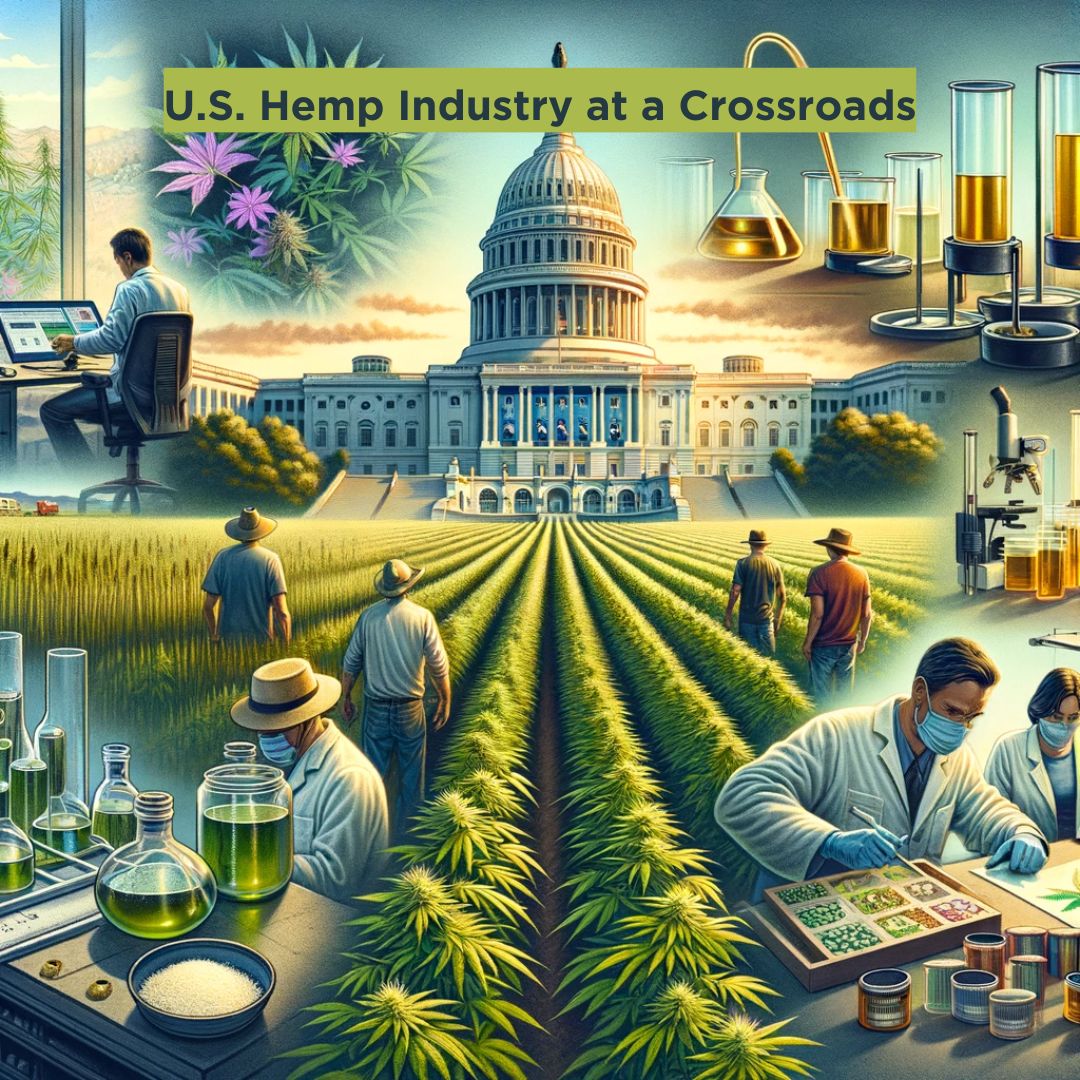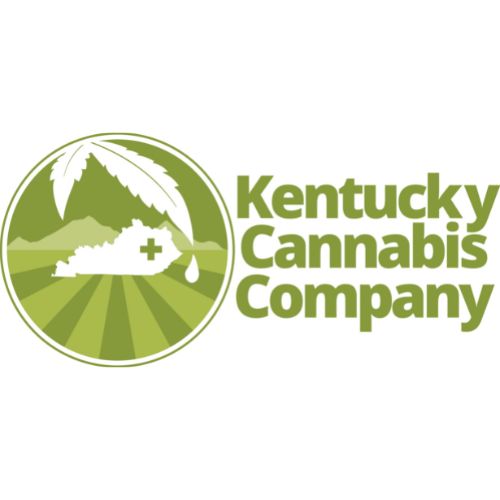
Introduction
In the dynamic environment of U.S. agriculture, the hemp industry, prominently present in states like Kentucky, is at a pivotal crossroads. This sector faces significant regulatory challenges impacting its economic viability, environmental sustainability, and consumer safety. A notable concern is the gap between political rhetoric supporting local agriculture and the actual engagement with the industry’s issues, leading to voter frustration.
The Economic and Environmental Impact of THC Regulations
Struggles of Hemp Farmers in Colorado and Kentucky
Hemp farmers are battling the consequences of stringent THC regulations, particularly the destruction of crops exceeding the 0.3% THC threshold. Such measures not only cause financial stress but also raise questions about the sustainability of these regulations. Politicians’ apparent inaction despite their vocal support for agriculture exacerbates this situation, creating a disconnect that frustrates both voters and farmers.
Colorado’s Stance on Synthetic Cannabinoids
Colorado has taken a firm stance against synthetic cannabinoids, such as Delta-8 and Delta-9, manufactured from isolated hemp. Recognizing the dangers of these substances, the state, which also has a robust recreational marijuana market known for its safety, has banned these synthetics. This decision underscores the complexities of managing hemp products and the importance of distinguishing them from safer, naturally-derived marijuana.
Explore Kentucky Cannabis Company’s Insightful Article on Allowing 1% THC for a Stronger Hemp Industry
Advocacy and Policy Changes: A Call for Action
The Rise of Synthetic Cannabinoids and Market Challenges
The emergence of synthetic cannabinoids from low-quality hemp poses both market and health risks. Ironically, these synthetics are gaining popularity in a market that penalizes high-THC hemp, creating a paradox that demands urgent attention and policy revision.
Revising THC Limits and Restricting Synthetics
Advocacy efforts are intensifying to limit synthetic cannabinoids to research labs and overhaul the current THC-based regulatory approach. The lack of political will to engage with these changes is a source of frustration for many, highlighting the need for policies that balance safety with industry growth.
Educating the Public and Stakeholders
Understanding the Differences Between Hemp and Marijuana
A crucial aspect of industry advocacy involves educating stakeholders about the differences between hemp and marijuana, moving beyond the THC-content-based definitions. This education is vital in light of politicians’ oversimplified narratives and the general public’s misconceptions.
The Broader Impact on Farmers and the Hemp Industry
The Need for Informed Political Engagement
The current regulations are causing significant financial strain on farmers and hindering industry growth. Addressing these challenges requires a revision of THC regulation methods and more informed political engagement, which has been noticeably lacking.
Recommendations for a Sustainable Hemp Industry
To ensure the industry’s growth, policymakers must revisit THC regulations and support genetic research. This involves a shift from mere political rhetoric to actual engagement in policy-making and industry support.
Conclusion
A paradigm shift in regulatory framework is needed to recognize the unique characteristics of hemp and align them with market realities. This can only be achieved through genuine political engagement that transcends rhetoric, ensuring sustainable industry growth and protecting the interests of farmers and consumers.
Frequently Asked Questions (FAQs)
- What are the main challenges facing the U.S. hemp industry?
- The industry is grappling with strict THC regulations, the rise of synthetic cannabinoids, and a gap between political promises and actual policy engagement.
- Why has Colorado banned synthetic cannabinoids like Delta-8 and Delta-9?
- Colorado recognizes the dangers of these synthetically produced cannabinoids and has a safe, recreational natural marijuana market, prompting the ban to protect consumer safety.
- What changes are being advocated in the hemp industry?
- Advocates call for limiting synthetic cannabinoids, revising THC regulations, and increasing political engagement to support the industry’s growth and sustainability.


Recent Comments